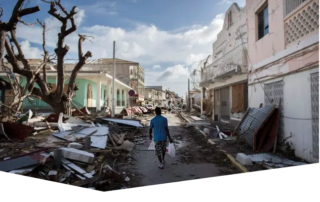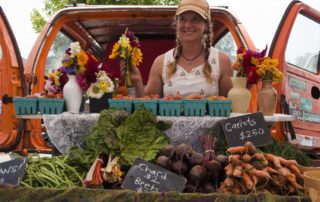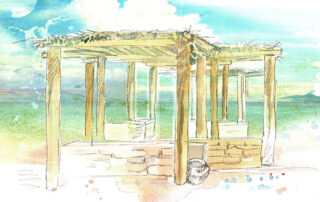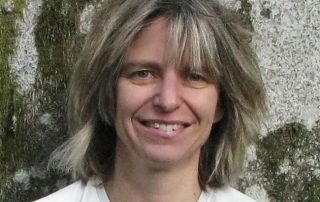The Irma Diaries: Hurricane Irma Survivor Stories Should Be a Climate Change Wake-Up Call
In September of 2017, the Caribbean was hit by a series of deadly hurricanes, including the most powerful Atlantic Ocean hurricane recorded in history. The storms had devastating impacts on human lives, infrastructure and the environment and might cause a serious setback to Caribbean economies in the future, many of which are based on tourism and agriculture. In her book “The Irma diaries: Compelling Survivor Stories from the Virgin Islands”, author Angela Burnett tells the story of 25 hurricane survivors. She warns that unless ambitious climate action is implemented, the series of hurricanes might offer only a first glimpse of what is to come in the future. Photo Credit: MARTIN BUREAU/AFP/Getty Images.






